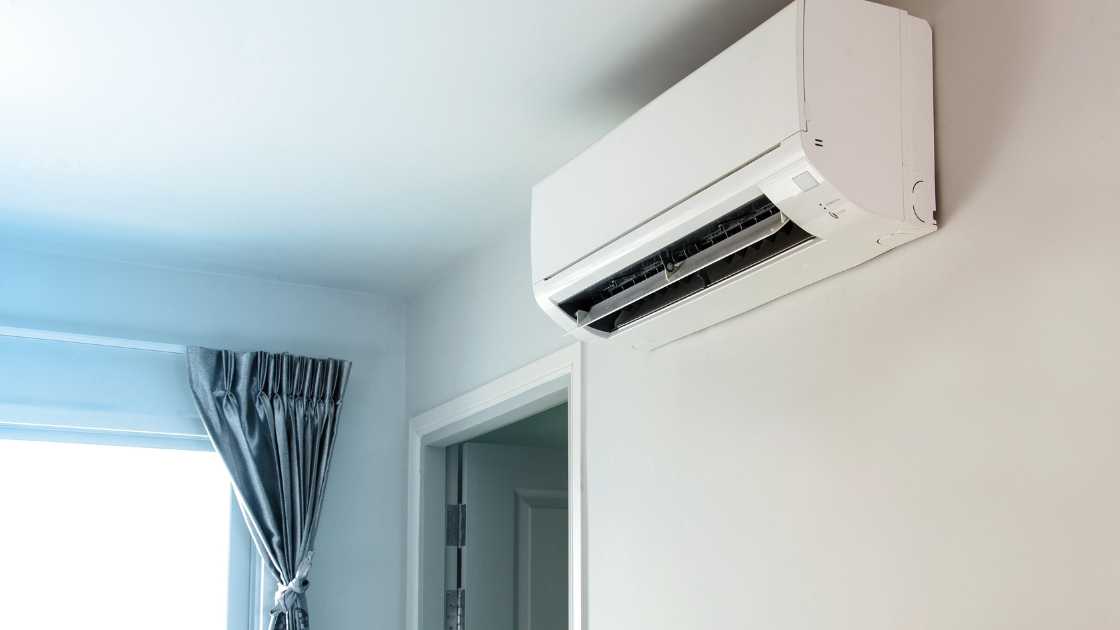
How to Buy an Air Conditioner: Your Ultimate Guide
With scorching temperatures becoming the new norm during the summer months, purchasing an air conditioner has evolved from a luxury to a necessity. But navigating the world of air conditioners can be a daunting task, especially with the myriad of options available today. In this comprehensive guide, we’ll walk you through the key factors to consider when buying an air conditioner, ensuring you make a well-informed decision that keeps you cool and comfortable all summer long.
There are 8 Key Factors to Consider When Buying an Air Conditioner
Determine Your Cooling Needs
The first step in purchasing an air conditioner is to assess your cooling requirements. Consider the size of the room or space you intend to cool. Different air conditioners have varying cooling capacities, measured in BTUs (British Thermal Units). A unit that’s too small won’t effectively cool the space, while one that’s too large might waste energy. Use online calculators or consult experts to determine the appropriate BTU rating for your space.
Choose the Right Type
Air conditioners come in various types, each catering to different needs and preferences:
Window Air Conditioners:
Ideal for single rooms or apartments, these units are easy to install and cost-effective. They fit in standard window openings.
Split Air Conditioners:
Consisting of indoor and outdoor units connected by pipes, split ACs offer quiet operation and better cooling distribution. They’re suitable for larger rooms.
Portable Air Conditioners:
These units are versatile and can be moved from room to room. They don’t require installation but may need a window for venting.
Central Air Conditioning:
Best for cooling entire homes, central ACs offer consistent temperature control throughout the house but come at a higher cost.
Energy Efficiency Matters
Opt for an air conditioner with a high energy efficiency rating. Look for the Energy Star label, indicating that the unit meets or exceeds energy efficiency guidelines set by the Environmental Protection Agency (EPA). Energy-efficient models not only save you money on electricity bills but also have a lower environmental impact.
Consider Special Features
Modern air conditioners come packed with features to enhance comfort and convenience:
Programmable Thermostats:
Allow you to set desired temperatures, saving energy by cooling only when needed.
Remote Controls:
Make it easy to adjust settings from across the room.
Smart Technology:
Some units can be controlled via smartphone apps, enabling you to manage cooling remotely.
Sleep Mode:
Gradually adjust the temperature at night for a more comfortable sleep.
Installation and Maintenance
While window and portable air conditioners are relatively easy to install, split and central ACs may require professional installation. Regular maintenance, such as cleaning or replacing filters, is crucial for efficient operation. Factor in installation and maintenance costs when budgeting for your purchase.
Noise Levels
Consider the noise level of the air conditioner, especially if you plan to place it in a bedroom or a quiet living space. Check the decibel rating – a lower value indicates quieter operation.
Set a Budget
Air conditioner prices vary widely based on type, brand, and features. Set a budget that aligns with your needs and explore options within that range. Remember that while a higher upfront cost for an energy-efficient model might be intimidating, the long-term savings can be substantial.
Read Reviews and Compare
Before finalizing your purchase, read user reviews and compare different models. Pay attention to factors such as reliability, cooling performance, and customer support. Online forums and review platforms can provide valuable insights from real users.
FAQs
What size air conditioner do I need for my room?
The size of the air conditioner you need depends on the square footage of the room you want to cool. Measure the length and width of the room, and then use an online BTU calculator or consult an HVAC professional to determine the appropriate cooling capacity. Oversized units waste energy, while undersized ones struggle to cool effectively.
Are all air conditioners energy-efficient?
No, not all air conditioners are energy-efficient. To identify energy-efficient models, look for the Energy Star label. Energy Star-certified units meet strict guidelines set by the EPA for efficiency and environmental impact. These units consume less electricity, saving you money in the long run and reducing your carbon footprint.
Can I install an air conditioner myself, or do I need a professional?
The complexity of installation varies by type. Window and portable air conditioners are designed for easy DIY installation. However, split and central air conditioners usually require professional installation due to the need for proper refrigerant handling, electrical connections, and mounting. A qualified HVAC technician ensures optimal performance and safety.
Conclusion
Buying an air conditioner doesn’t have to be overwhelming. By considering your cooling needs, energy efficiency, special features, installation requirements, noise levels, budget, and conducting thorough research, you can confidently select the perfect air conditioner to beat the summer heat. Stay cool, comfortable, and in control with the right air conditioning unit tailored to your preferences.





